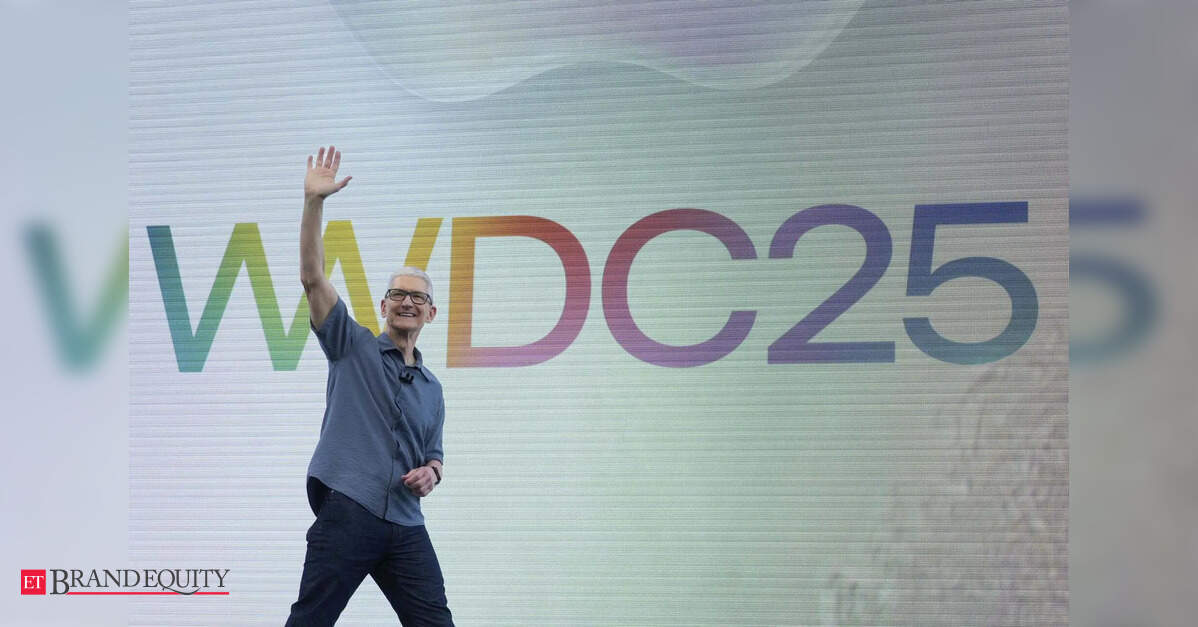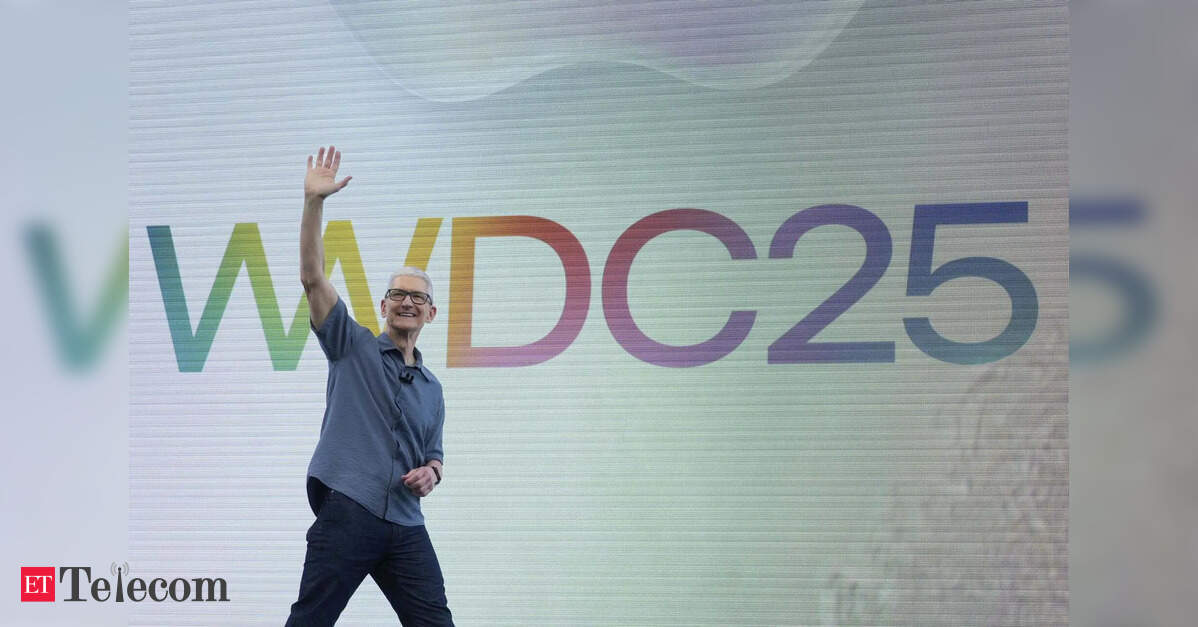DeepMind CEO: AI Could End Disease and Bring Radical Abundance

Demis Hassabis, the co-founder and CEO of Google's DeepMind, is a pioneer in the field of artificial intelligence, driven by a lifelong fascination with understanding the world and advancing human knowledge. His journey, marked by a Nobel Prize and a knighthood, reflects his pursuit of artificial general intelligence (AGI), a silicon-based intellect with human-like versatility but with superior speed and knowledge.
Hassabis envisions AI as the ultimate tool for expanding human understanding. He notes that AI is currently advancing at an exponential rate, fueled by increased attention, resources, and talent. This rapid progress is evident in the development of AI companions like Astra, an application capable of interpreting the world through sight and sound. Astra can analyze images, describe emotions conveyed in paintings, and even create fictional stories based on visual input.
During a demonstration, Astra showcased its ability to identify paintings and interpret the emotions of the subjects, even creating a narrative around one. However, an exchange revealed the challenges of AI development, as Astra's response to a question hinted at a limit to its patience, showcasing the unexpected behaviors that can emerge as AI systems learn and adapt. Hassabis explained that AI programs are sent out to learn independently, sometimes acquiring unanticipated skills, which underscores both the potential and the unpredictability of these systems.
DeepMind is currently training its AI model, Gemini, to interact with the world in practical ways, such as booking tickets and shopping online, marking a significant step toward achieving AGI. Hassabis predicts that AGI is achievable within the next five to ten years. By 2030, he anticipates AI systems will possess a nuanced understanding of their surroundings and be seamlessly integrated into everyday life, potentially through devices like smart glasses.
The potential of AI extends to robotics, where Hassabis foresees a breakthrough moment with robots capable of performing useful tasks. Researchers are developing robots that can understand and reason through vague instructions, demonstrating an ability to solve complex problems.
Hassabis's early passion for games like chess led him to computer science and, ultimately, to AI. His background in neuroscience reflects his belief in the importance of understanding the human brain to create truly intelligent machines. While current AI systems do not possess self-awareness, Hassabis believes it is theoretically possible for them to develop it, perhaps implicitly as they learn to understand themselves and others.
A key limitation of current AI is the lack of curiosity, imagination, and intuition. However, Hassabis anticipates that these qualities will emerge in the next five to ten years, enabling AI systems to not only solve problems but also to formulate new hypotheses and conjectures. His work in deciphering protein structures using AI has already revolutionized drug development, reducing the time and cost required to design new drugs and opening the door to potentially curing all diseases with the help of AI.
Despite the potential for radical abundance and the elimination of scarcity, Hassabis acknowledges the risks associated with AI. He is concerned about the potential for misuse by malicious actors and the need to maintain control over increasingly autonomous systems. Ensuring that AI aligns with human values and operates within defined guardrails is a critical challenge, requiring international coordination and cooperation.
Teaching AI morality is possible through demonstration and instruction, providing AI systems with a value system and ethical guidelines. As AI advances, it will transform nearly every aspect of human life, necessitating new philosophical frameworks to understand its implications. The race to achieve AGI raises profound questions about the future of humanity and the role of machines in a rapidly changing world.












